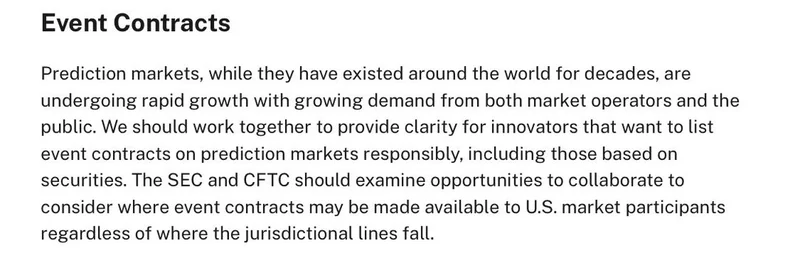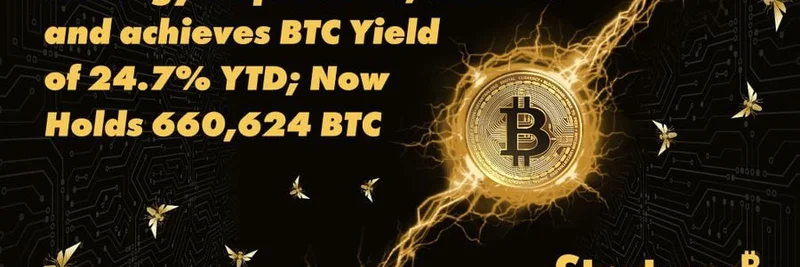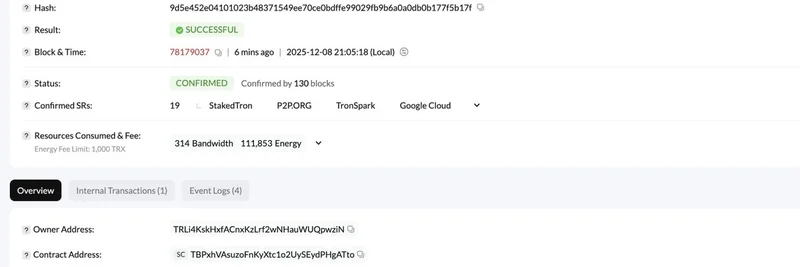In the fast-paced world of crypto, big regulatory shifts can send ripples through the market—especially for meme token enthusiasts who thrive on volatility and quick trades. A recent tweet from DegenerateNews highlighted a joint statement from the SEC Chairman and acting CFTC Chairman that's got everyone buzzing. They're talking about teaming up to expand trading hours and potentially bring perpetual contracts onshore to U.S.-regulated platforms. Let's break this down and see what it means for meme token traders.
The tweet, posted on September 5, 2025, quotes the regulators saying they could "consider concurrent steps to onshore perpetual contracts that meet investor and customer-protection standards, potentially allowing these products to trade across SEC- and CFTC-regulated platforms." This comes from an official joint statement aimed at scaling on-chain finance while keeping things safe and fair.
What Are Perpetual Contracts and Why Do They Matter for Meme Tokens?
Perpetual contracts, or "perps," are a type of derivative that lets you bet on the price of an asset—like a meme token—without an expiration date. Unlike traditional futures, they don't expire, so you can hold positions as long as you want, as long as you manage the funding rates that keep the contract price in line with the spot market. These are super popular in offshore crypto exchanges for leveraging trades on volatile assets, which meme tokens are famous for.
Right now, U.S. traders often have to go overseas for these, facing risks like less protection and potential regulatory hurdles. If the SEC and CFTC onshore them, it could mean regulated U.S. platforms offering perps on meme tokens, with built-in safeguards against manipulation and better liquidity. Imagine trading $DOGE or $PEPE derivatives 24/7 on a compliant exchange— that could boost adoption and reduce the wild swings from unregulated venues.
The Push for 24/7 Markets
The statement also dives into expanding trading hours beyond the standard U.S. market times. Crypto doesn't sleep, and neither do meme token communities. By aligning U.S. markets more closely with global realities, this could make it easier for American traders to jump in on hype cycles without waiting for Wall Street to open. Factors like operational feasibility, liquidity, and investor protections are key here, ensuring it's not a free-for-all but a structured evolution.
Event Contracts and Prediction Markets: Betting on Meme Culture?
Another highlight is event contracts, essentially prediction markets where you wager on real-world outcomes. These have been around forever but are exploding in crypto thanks to platforms letting users bet on everything from elections to viral memes. The regulators want clarity for innovators, especially if these involve securities. For meme tokens, this could open doors to tokenized bets on cultural events—like which meme coin will moon next— all under a regulated umbrella.
Working together, the SEC and CFTC aim to examine where these contracts can go live in the U.S., respecting jurisdictional lines. This collaborative vibe is a breath of fresh air in a space often bogged down by turf wars.
Implications for Meme Token Ecosystems
For blockchain practitioners and meme token holders, this is huge. Onshoring perps could attract more institutional money, stabilizing prices while keeping the fun, speculative edge that defines memes. It might also spur innovation in DeFi protocols built around meme assets, with better risk management tools.
Of course, nothing's set in stone yet—it's all about consideration and collaboration. But if it happens, expect a surge in U.S.-based trading volumes for meme tokens, potentially capturing flows now going to foreign platforms.
Stay tuned to Meme Insider for more updates on how regulations are shaping the meme token landscape. Whether you're a degen trader or just dipping your toes in, understanding these shifts can give you an edge in this wild market.




